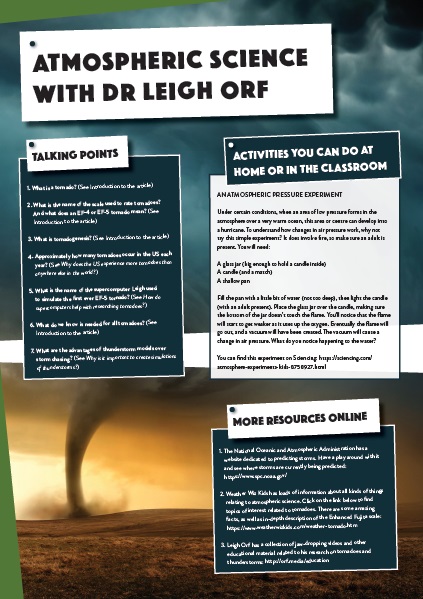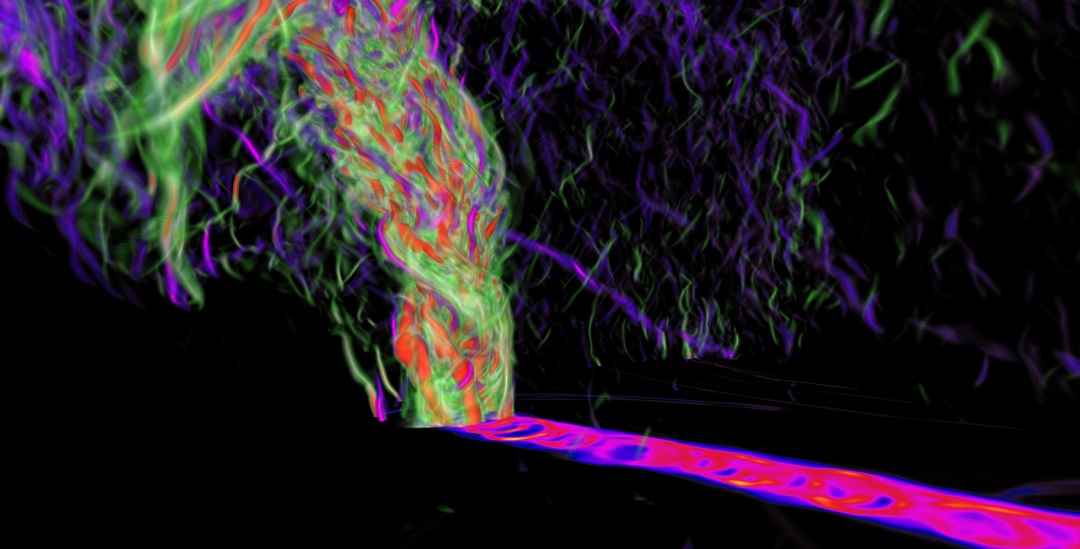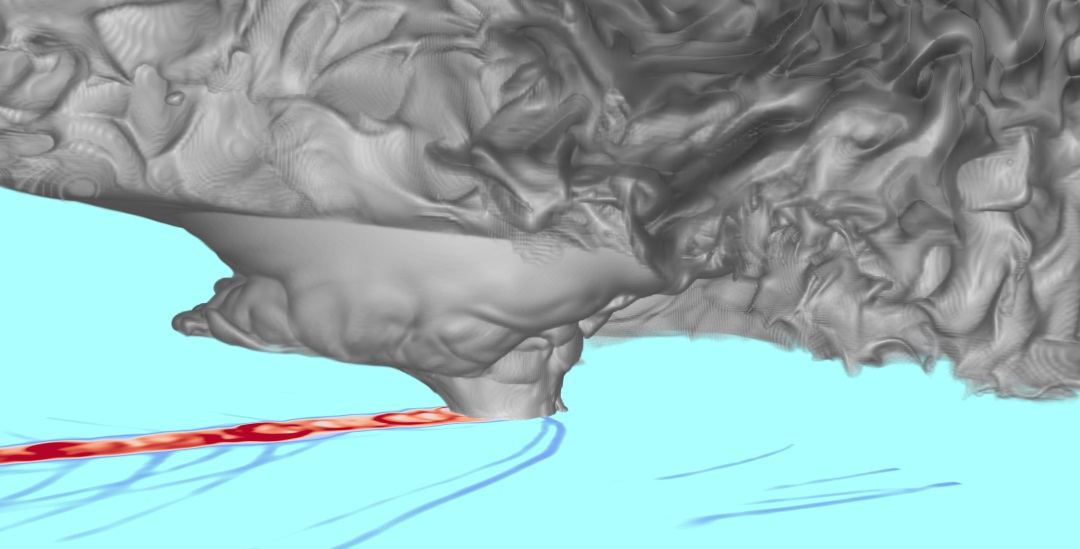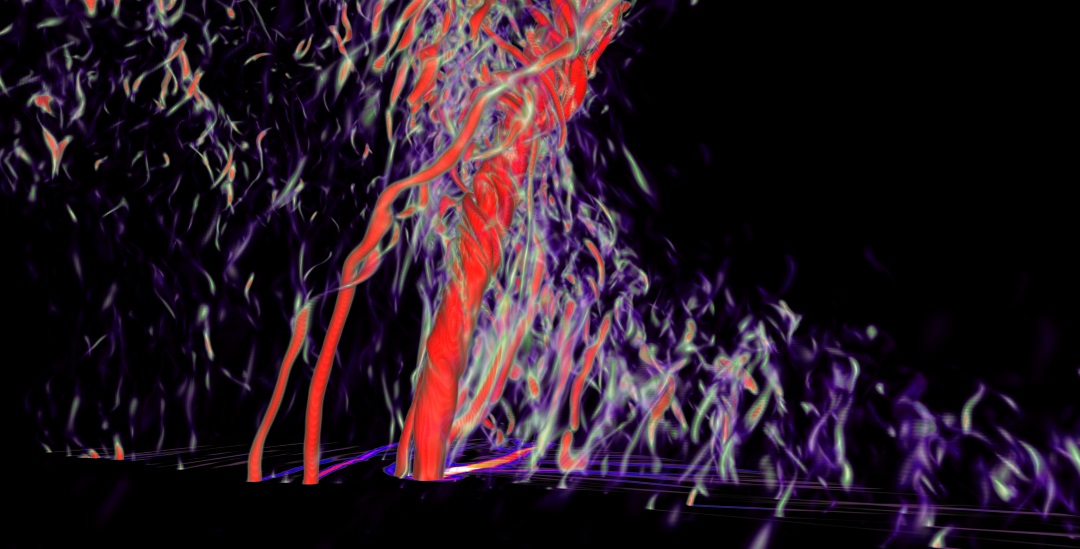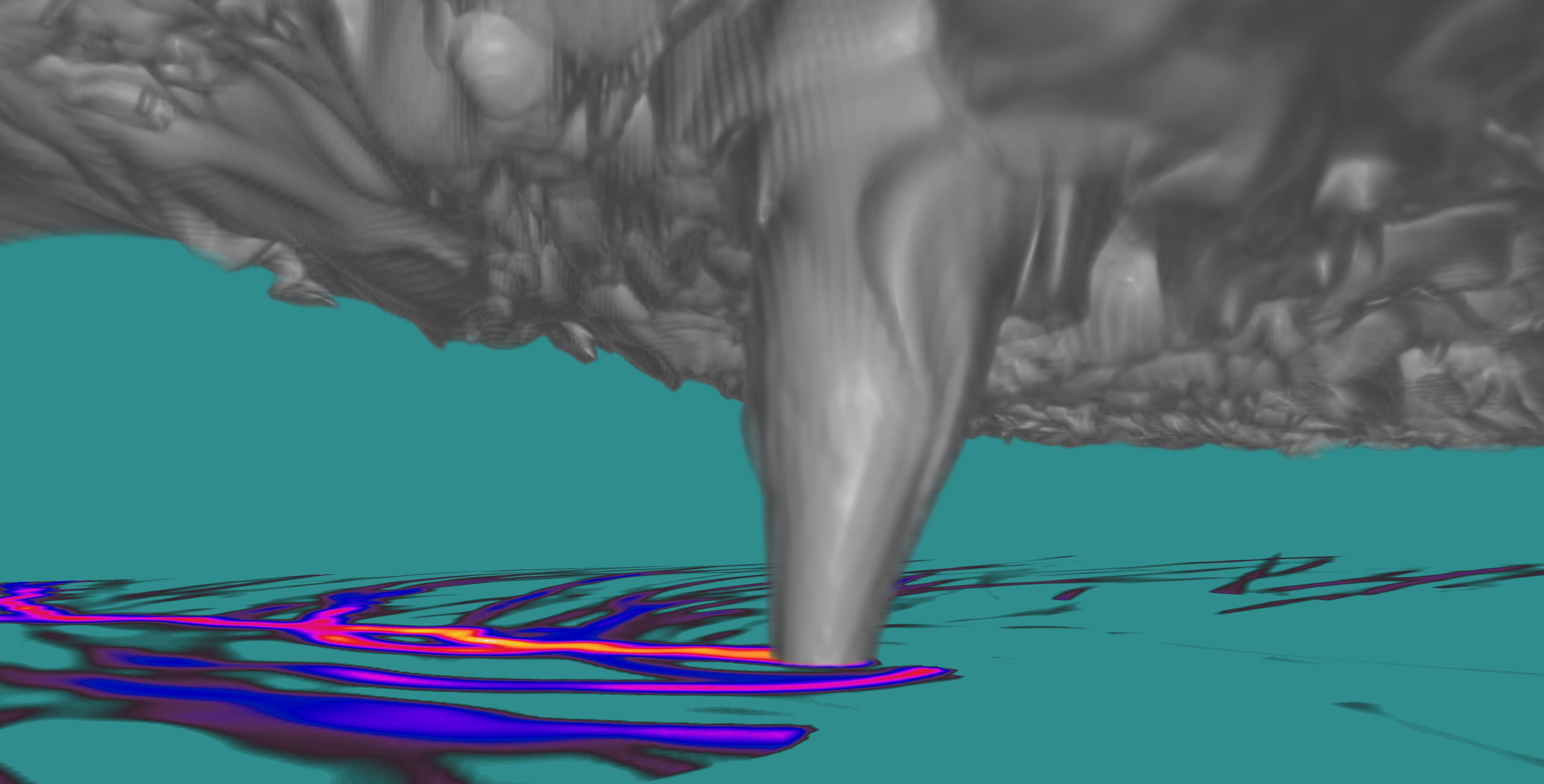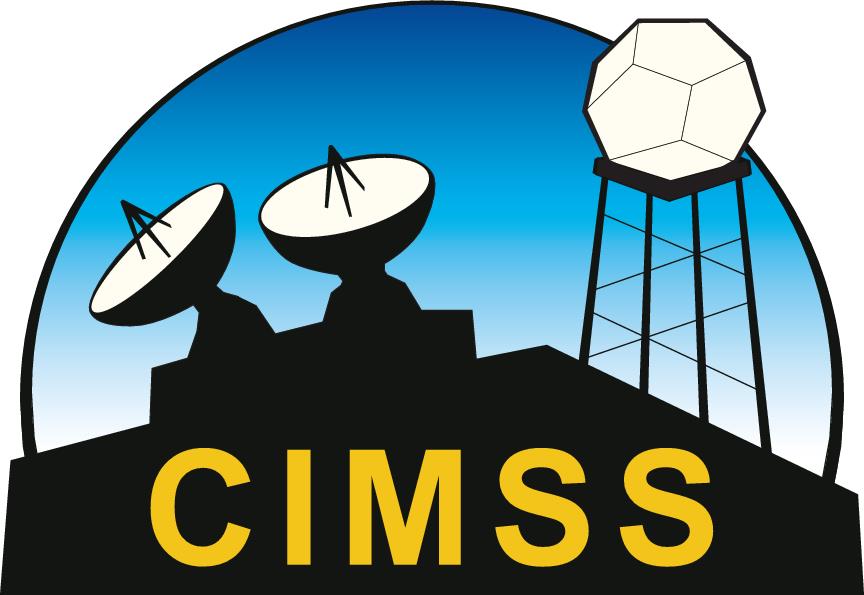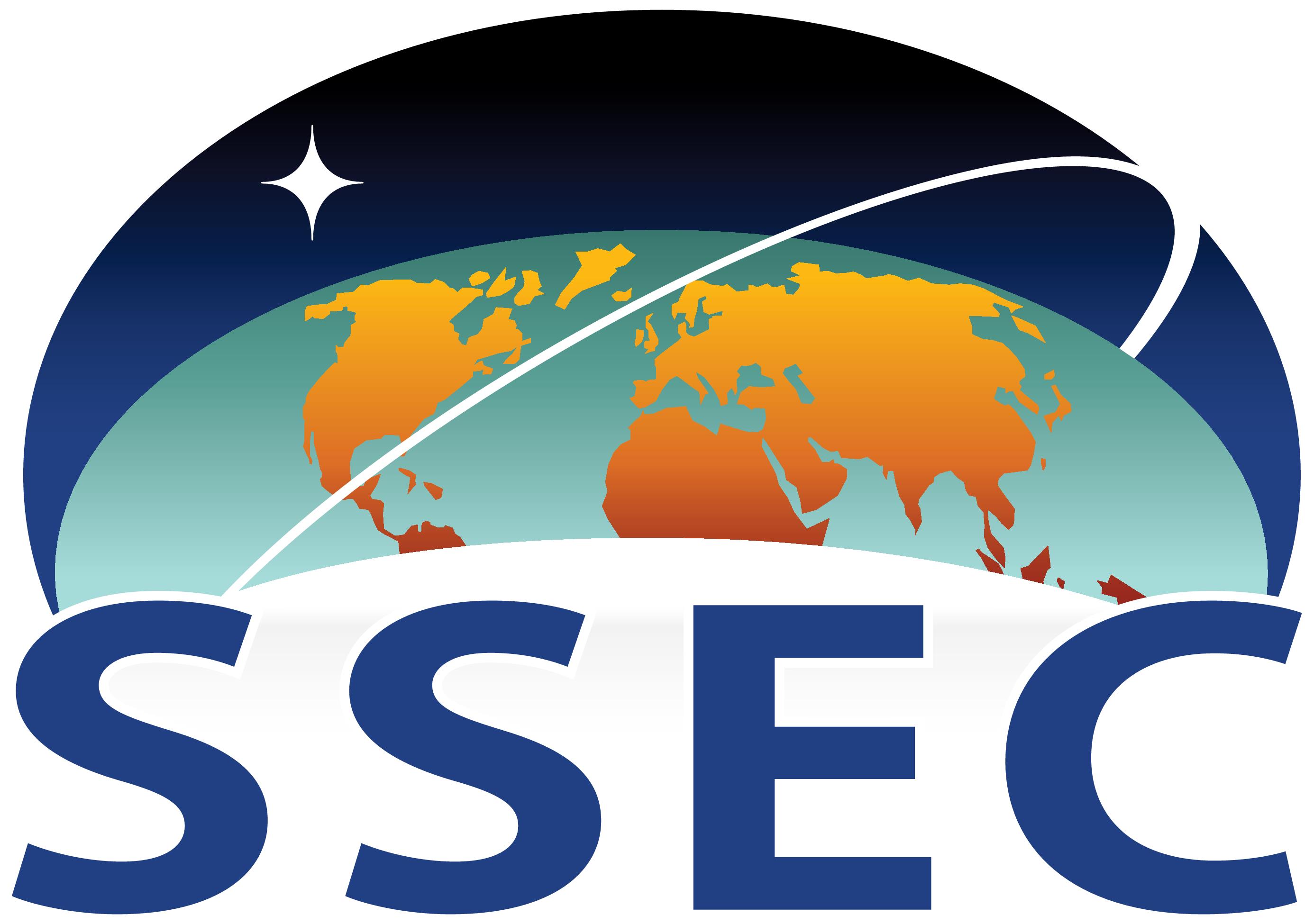Using supercomputers to simulate super tornadoes
A tornado is a rapidly rotating column of air that extends from a thunderstorm to the ground. The Enhanced Fujita (EF) scale is used to assign every tornado a number from 0 to 5, a figure which is determined by surveying the damage the wind speeds inflict. The destruction that an EF-0 causes is similar to that which might be caused by strong gusts, while tornadoes rated EF-4 or EF-5 – typically described as “super tornadoes” – are devastating. Fortunately, super tornadoes are the least common tornadoes and only occur on average once per year, usually in the United States.
It is still not known what causes a tornado and scientists around the world are attempting to solve this puzzle. One such scientist is Dr Leigh Orf, an atmospheric scientist at the Cooperative Institute for Meteorological Satellite Studies, University of Wisconsin- Madison in the US. Leigh has dedicated his life to finding out as much as possible about tornadoes and thunderstorms, particularly super tornadoes. “It is known that for all tornadoes, you need a thunderstorm with a strong updraft (upward current of air that is in the heart of the cloud). However, a strong updraft itself is not sufficient,” explains Leigh. “There must be a source of vorticity (spin) available for the updraft to ‘pull on’ to form a tornado.”
Simulations and observations have shown that thunderstorms contain lots of invisible swirling vortices that look like mini-tornadoes but do not cause any damage. Leigh’s research has shown that these spinning vortices can aggregate beneath the updraft and form a larger, more powerful vortex that sometimes becomes a tornado. However, the whole subject of tornado formation (known as tornadogenesis) is still an active field of research.
WHY DOES THE USA EXPERIENCE MORE TORNADOES THAN ANYWHERE ELSE IN THE WORLD?
According to the National Oceanic and Atmospheric Administration, more than 1,200 tornadoes a year occur in the US. The reason they are so prevalent in this part of the world is that the majority of tornadoes form within supercell thunderstorms – a special type of long-lived storm that exhibits a rotating updraft. The environmental conditions that supercell thunderstorms form within are most common in the Great Plains of the United States.
The warm, moist air from the South streaming in beneath cold, dry air from the North creates a “pressure cooker” situation where, if storms are triggered, they often form supercells, and about one in four supercell thunderstorms form tornadoes. Ultimately, it is the unique geography of the United States that results in so many tornadoes, primarily in the spring.
HOW DO SUPERCOMPUTERS HELP WITH RESEARCHING TORNADOES?
Leigh and his colleague, Bob Wilhelmson, simulated the first ever EF-5 tornado using the Blue Waters supercomputer built at the University of Illinois and sponsored by the National Science Foundation. “My research heavily utilises a numerical model, which is a computer program that is programmed with the laws of physics in such a way as to allow for a ‘virtual storm’ to grow within a supercomputer,” explains Leigh. “The model breaks the atmosphere into discrete volumes of space, and these volumes of space are updated slowly over time – sort of like watching each frame of a movie in slow motion. The time step is the space between each frame.”
The numerical models Leigh uses requires that if you have very small discrete volumes (known as “high resolution”) then you must have a very small time step. Too large a time step causes the model to “blow up”, producing exponentially large values, causing the model to abort. This can occur when the wind speeds inside the model get too large for the chosen time step, such as when a tornado forms within the model. With Leigh and Bob’s first EF-5, they chose too large a time step and the model blew up. So, they went back to an earlier point in the simulation and ran it forward with a reduced time step. The simulation ran seamlessly from that point on.
WHY IS IT IMPORTANT TO CREATE SIMULATIONS OF THUNDERSTORMS?
Many people associate tornado research with storm chasing, either recreational storm chasing (where people hope to watch and capture videos of a tornado), or research storm chasing where scientists probe tornadoes with radars and other instrumentation. This type of field research is of critical importance, as sampling the real atmosphere is required to understand real tornadoes! However, field studies of tornadoes are expensive, complicated and often very frustrating when Mother Nature does not cooperate.
It is still not known what causes a tornado and scientists around the world are attempting to solve this puzzle. One such scientist is Dr Leigh Orf, an atmospheric scientist at the Cooperative Institute for Meteorological Satellite Studies, University of Wisconsin- Madison in the US. Leigh has dedicated his life to finding out as much as possible about tornadoes and thunderstorms, particularly super tornadoes. “It is known that for all tornadoes, you need a thunderstorm with a strong updraft (upward current of air that is in the heart of the cloud). However, a strong updraft itself is not sufficient,” explains Leigh. “There must be a source of vorticity (spin) available for the updraft to ‘pull on’ to form a tornado.”
Simulations and observations have shown that thunderstorms contain lots of invisible swirling vortices that look like mini-tornadoes but do not cause any damage. Leigh’s research has shown that these spinning vortices can aggregate beneath the updraft and form a larger, more powerful vortex that sometimes becomes a tornado. However, the whole subject of tornado formation (known as tornadogenesis) is still an active field of research.
WHY DOES THE USA EXPERIENCE MORE TORNADOES THAN ANYWHERE ELSE IN THE WORLD?
According to the National Oceanic and Atmospheric Administration, more than 1,200 tornadoes a year occur in the US. The reason they are so prevalent in this part of the world is that the majority of tornadoes form within supercell thunderstorms – a special type of long-lived storm that exhibits a rotating updraft. The environmental conditions that supercell thunderstorms form within are most common in the Great Plains of the United States.
The warm, moist air from the South streaming in beneath cold, dry air from the North creates a “pressure cooker” situation where, if storms are triggered, they often form supercells, and about one in four supercell thunderstorms form tornadoes. Ultimately, it is the unique geography of the United States that results in so many tornadoes, primarily in the spring.
HOW DO SUPERCOMPUTERS HELP WITH RESEARCHING TORNADOES?
Leigh and his colleague, Bob Wilhelmson, simulated the first ever EF-5 tornado using the Blue Waters supercomputer built at the University of Illinois and sponsored by the National Science Foundation. “My research heavily utilises a numerical model, which is a computer program that is programmed with the laws of physics in such a way as to allow for a ‘virtual storm’ to grow within a supercomputer,” explains Leigh. “The model breaks the atmosphere into discrete volumes of space, and these volumes of space are updated slowly over time – sort of like watching each frame of a movie in slow motion. The time step is the space between each frame.”
The numerical models Leigh uses requires that if you have very small discrete volumes (known as “high resolution”) then you must have a very small time step. Too large a time step causes the model to “blow up”, producing exponentially large values, causing the model to abort. This can occur when the wind speeds inside the model get too large for the chosen time step, such as when a tornado forms within the model. With Leigh and Bob’s first EF-5, they chose too large a time step and the model blew up. So, they went back to an earlier point in the simulation and ran it forward with a reduced time step. The simulation ran seamlessly from that point on.
WHY IS IT IMPORTANT TO CREATE SIMULATIONS OF THUNDERSTORMS?
Many people associate tornado research with storm chasing, either recreational storm chasing (where people hope to watch and capture videos of a tornado), or research storm chasing where scientists probe tornadoes with radars and other instrumentation. This type of field research is of critical importance, as sampling the real atmosphere is required to understand real tornadoes! However, field studies of tornadoes are expensive, complicated and often very frustrating when Mother Nature does not cooperate.
In the majority of simulations Leigh has conducted, a supercell will form but no strong tornado will form. This is very similar to the real atmosphere where super tornadoes are extremely rare. These non-tornadic simulations are just as valid as simulations with strong tornadoes but, because they represent a more common form of thunderstorm, his research group is less interested in studying them right now.
WHAT DOES THE FUTURE HOLD FOR LEIGH AND HIS RESEARCH?
Leigh aims to simulate many more supercells in different environments where different types of tornadoes form, not just super tornadoes. His team is seeking to uncover what kinds of conditions occur in supercells that lead to the most common weak, short- lived tornadoes, as well as super tornadoes.
If they can answer those types of questions, there is hope that weather forecasters will be able to use what they learn in their simulations to create more accurate forecasts of real storms. And it is Leigh’s hope that this would ultimately result in saving lives.
In this video, Leigh talks us through the simulations of tornadoes using the Blue Waters supercomputer, and how these simulations mimic real storms.
For more videos like this one, check out Leigh’s website: http://orf.media/education/. On Leigh’s website, you’ll meet storm chaser extraordinaire Hank Schyma, also known as Pecos Hank.
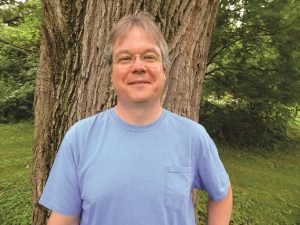 DR LEIGH ORF
DR LEIGH ORF
Atmospheric Scientist, Cooperative Institute for Meteorological Satellite Studies (CIMSS), University of Wisconsin-Madison, USA
FIELD OF RESEARCH: Atmospheric Science
RESEARCH PROJECT: Leigh’s research is centred on simulating and visualising tornadoes and thunderstorms by using supercomputers.
FUNDERS: CIMSS/Space Science and Engineering Center (SSEC), University of Wisconsin; National Science Foundation
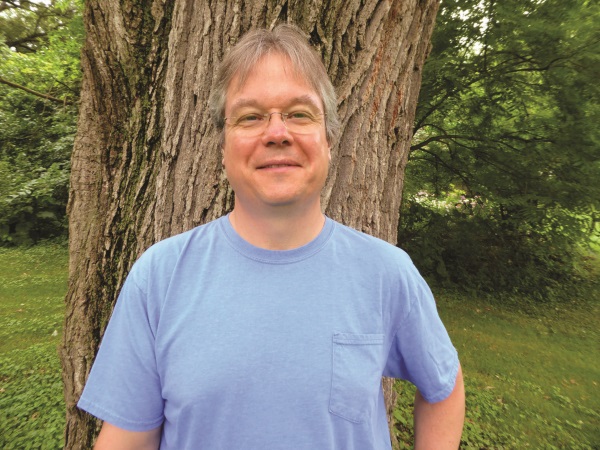 DR LEIGH ORF
DR LEIGH ORFAtmospheric Scientist Cooperative Institute for Meteorological Satellite Studies (CIMSS), University of Wisconsin-Madison, USA
FIELD OF RESEARCH: Atmospheric Science
RESEARCH PROJECT: Leigh’s research is centred on simulating and visualising tornadoes and thunderstorms by using supercomputers.
FUNDERS: CIMSS/Space Science and Engineering Center (SSEC), University of Wisconsin; National Science Foundation
As the name suggests, atmospheric science is the study of the Earth’s atmosphere. Research might include studying its processes, the effects other climate systems (the hydrosphere, the cryosphere, the lithosphere and the biosphere) have on the atmosphere, and the effects of the atmosphere on these other systems. It can be thought of as an interdisciplinary field of study that combines the components of physics and chemistry in order to focus on the structure and dynamics of the Earth’s atmosphere.
WHAT SHOULD YOU STUDY IF YOU ARE INTERESTED IN A CAREER IN ATMOSPHERIC SCIENCE?
With the onset of climate change, atmospheric science is arguably a more important field of study than ever before. It is a challenging subject and necessitates the study of mathematics (algebra, calculus, differential equations, and maybe some linear algebra), physics, a bit of chemistry, and computer skills, including programming.
These subjects provide the bedrock foundation for classes in atmospheric science that describe how and why the air moves the way it does from large to small scales; how the radiation from the sun and greenhouse gases work to heat the Earth and keep our planet habitable, and how clouds and precipitation behave.
IS CLIMATE CHANGE CAUSING MORE SUPERSTORMS, TORNADOS AND OTHER SEVERE WEATHER EVENTS?
Currently there is no evidence that climate change is causing more tornadoes, or the supercells that spawn most of them. Simulations indicate future climates may provide more instability for supercells but less wind shear (sudden changes in wind speed or direction), and currently there is no clear signal regarding whether there will be more tornadoes, stronger tornadoes, etc. in the coming decades.
What is more certain is that there will be more droughts, wildfires, heat waves and intense flooding events. We are already seeing some of this today. Regarding hurricanes, the current understanding, primarily gleaned from model simulations, is that there will be fewer hurricanes in the future, but that, due to high sea surface temperatures, hurricanes that do form will be, on average, more intense.
A supercomputer is a computer that is unusually powerful compared to a typical desktop computer or laptop you would find at school or at home. The most powerful supercomputers comprise thousands of individual, identical high-performance computers connected together by a high-speed network that allows rapid communication across the entire machine.
The power of a supercomputer is often indicated by the number of floating point operations per second (FLOPS) that it can execute, with the most powerful computers currently exhibiting performance of over 10 petaflops (ten thousand million million FLOPS).
HOW MANY SUPERCOMPUTERS ARE THERE WORLDWIDE?
There are thousands of supercomputers across the globe but the typical performance is much less impressive than the top few machines.
WHO WORKS WITH SUPERCOMPUTERS?
Scientists and researchers from academia, industry and government make up the bulk of supercomputer users. The commonality between all users is that their application demands very large amounts of computer memory and/or processing power. Machines like Blue Waters are primarily available to academic researchers where scientists are running simulations of earthquakes, galaxy formation, the internal workings of stars, climate modelling and much more.
You can view a breakdown, by science category, of the usage on Blue Waters by visiting the Illinois National Center for Supercomputing Applications website: https://bluewaters.ncsa.illinois.edu/usage-fos form will be, on average, more intense.
“It was an actual spark that sparked my interest! When I was five years old, shortly after my family moved into a new house in western Massachusetts, our house was struck by lightning. I remember it as if it happened yesterday. The day was unsettled, with thunderstorms all around throughout the day. In the evening, when my sister and I were getting ready to go to bed, the thunderstorms were really moving in. We lived in a two-storey Cape Cod-style house.
“Lightning struck the TV antenna that was located above my sister’s bedroom and entered the electrical wiring of our house. It blew a hole in the wall of my sister’s room, with panelling and burnt insulation flying across the room. The canopy on my sister’s bed caught fire, and my mother was temporarily deafened by the concussion of the lightning bolt. I remember seeing glowing wires in the wall as I ran downstairs. Thankfully, there were no permanent injuries and the fire was easily extinguished. That was my first real encounter with severe weather.”
AS A SEVERE WEATHER EXPERT, HOW CLOSE DO YOU GET TO TORNADOES AND OTHER EXTREME WEATHER EVENTS?
My own research does not directly involve field work, so I do not go to where the storms are. To be honest, I think my early encounters with severe weather have made me a bit fearful of these powerful storms – I do not like being near lightning and tornadoes! However, I collaborate with many enthusiastic field researchers who have a real passion for real storms, and they chase storms, both for fun and for research. The data they collect in the field is vitally important to my own research in that it helps validate (or not!) my model results. I do many comparisons between my simulation data and observed data – both are vitally important in helping scientists understand the inner workings of tornado- producing thunderstorms.
YOU HAVE A DEGREE IN METEOROLOGY AND A PHD IN ATMOSPHERIC SCIENCE. WHERE DID YOU GET THE EXPERTISE TO WORK WITH THE BLUE WATERS SUPERCOMPUTER?
Supercomputers run the Linux operating system. While I took computer programming courses in college, my experience with Linux was all self-taught. I first learned how to install and use Linux on a “normal” computer, the one I used in my office to do research, when I started graduate school. Eventually I got access to a research supercomputer where I learned how to compile code and submit jobs to the queue. Since supercomputers are shared resources, everybody is competing for usage of the machine, and there is a system for submitting your jobs to be run. While there is lots of online documentation for the supercomputer I use, there are many training courses also available to scientists because of the complexity of the machines and the rapidly changing hardware you encounter for each new supercomputer. There are also staff who work to help researchers out when they run into problems.
But, for me, I mostly just figured stuff out because I have a passion for it and really enjoy using as much of the supercomputer as I can to solve problems that can only be solved this way.
KNOWING WHAT YOU KNOW ABOUT SEVERE WEATHER AND CLIMATE CHANGE, HOW OPTIMISTIC ARE YOU ABOUT THE FUTURE?
Frankly, I think we are in for a very rough ride. We have not made the changes we needed to make regarding fossil fuel use to stave off significant climate disruption for human society. We are already seeing the effects of this today, and yet we continue to pump record amounts of greenhouse gases (primarily carbon dioxide) into the atmosphere. The alarm bells from scientists ring louder and louder but the response has not been sufficient enough to keep climate from changing in a very significant way.
Over the next hundred years we are going to see extinctions on a massive scale not seen for millions of years, and huge disruptions in human society as climate forces people to migrate to more habitable locations. However, we still have time to make major changes to fossil fuel emissions to stave off the absolute worst-case scenario, but time is running out very quickly.
• Atmospheric scientists in the US earn an average salary of around $94,000 per year, with wages typically starting from $50,000 up to around $142,000.
• Environmental Science has a website dedicated to explaining exactly what atmospheric scientists do and the requirements for getting into the field.
• SuccessfulStudent.org explains some of the best graduate programmes for the atmospheric sciences in America.
ATMOSPHERIC SCIENCE:
1 A degree in meteorology or atmospheric science is highly recommended if you are sure you want a weather-related career. However, it is possible to gain a degree in physics or mathematics and enter graduate school in atmospheric science.
2 Take as many science-related courses – specifically in physics, maths and computer science – as you can before you go to college.
SUPERCOMPUTERS:
1 You should learn how to program. It isn’t very important which language you use at first – it’s more important to first learn programming concepts and proper programming practices.
2 For students who are interested in supercomputers, using Linux is your best bet, as that is the operating system of virtually all supercomputers. Linux is free and can be installed on almost any computer.


